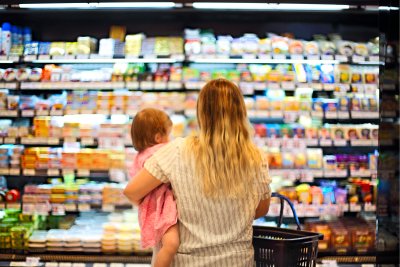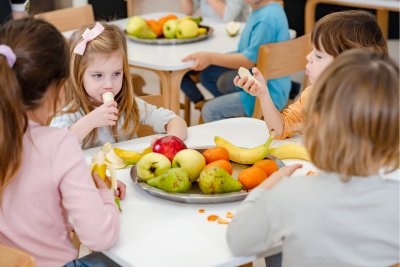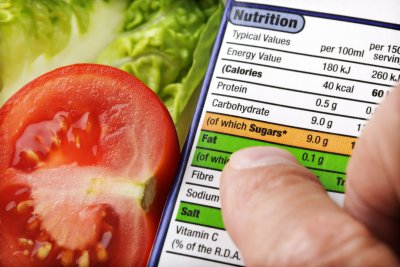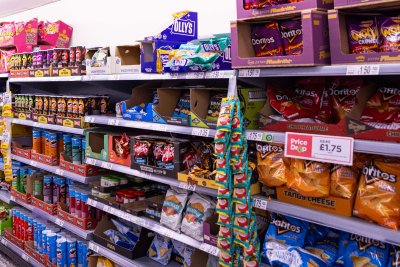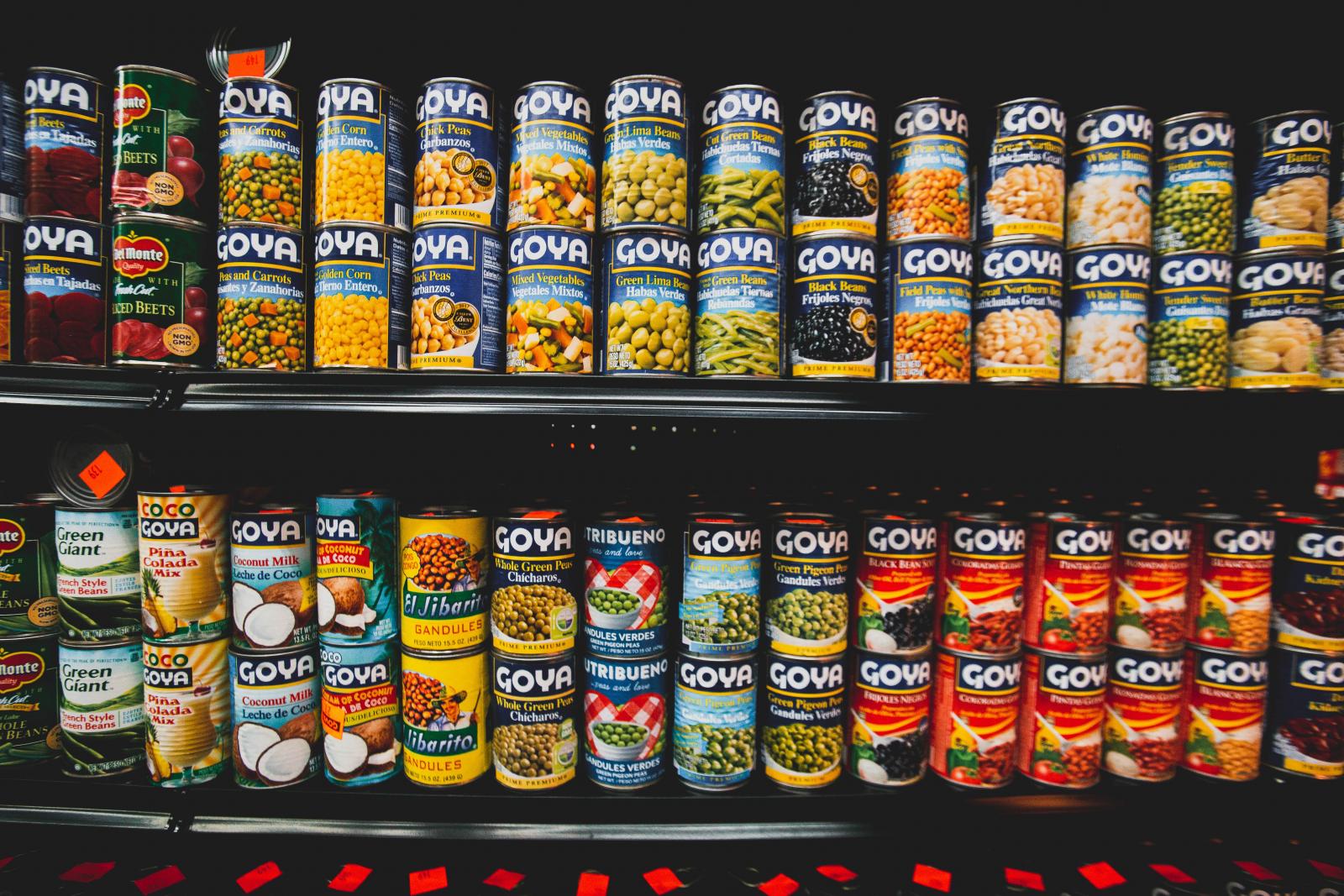 Tinned foods. Photo credit: Pexels
Tinned foods. Photo credit: Pexels

Call for standards for food aid
A leading food poverty organisation argues that the food aid model does not help food inequality, yet is favoured by the government, promoted by some charities, supported by the press and largely trusted by the public.
In a blogpost Robbie Davison, director of Can Cook in Liverpool, argues that the current food aid system does not truly benefit society. Can Cook is a food organisation which teaches cooking skills to people in South Liverpool.
Davison argues that food aid has existed for the past ten years and more and is therefore no longer a short term solution. It needs to transform and concentrate on feeding people nutritious food:
"So far, food standards as they exist, are ignored by the food bank structure and the public sector appear to sanction this, in order to facilitate a poor-food service that is at least ‘doing something’ to feed hungry people. The poorest people therefore, have no choice other than to eat the poorest food the modern food industry can serve up. "
In order for there to be an improvement Davison argues that the food-aid movement needs to start to self-regulate and to want to feed people well. He outlines the following standards for food aid:
- Food-aid should cater for cultural differences and dietary requirements
- Food-aid should remove the use of tinned meats
- Food-aid should remove the use of any end-of-date products
- Food-aid should supply fresh fruit and vegetables
- Food-aid parcels should always be able to provide nutritious family meals, and to help facilitate this
- Refrigeration should be available at all food-aid outlet
Sustain campaigns on Food Poverty. Over 8 million people in the UK struggle to get enough to eat. We work with communities, third-sector organisations, local authorities and government, on ways to alleviate food poverty beyond the food bank and to tackle the root causes of poverty.
Food Poverty: Championing people-powered projects that tackle the root causes of food poverty.
Sustain
The Green House
244-254 Cambridge Heath Road
London E2 9DA
020 3559 6777
sustain@sustainweb.org
Sustain advocates food and agriculture policies and practices that enhance the health and welfare of people and animals, improve the working and living environment, promote equity and enrich society and culture.
© Sustain 2026
Registered charity (no. 1018643)
Data privacy & cookies
Icons by Icons8
